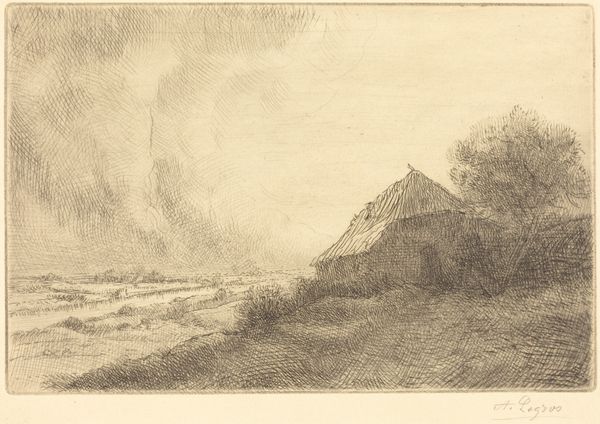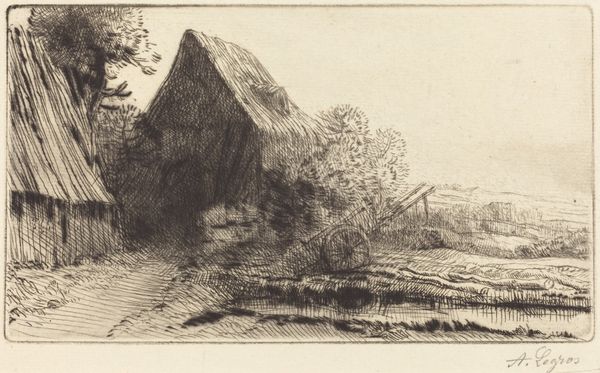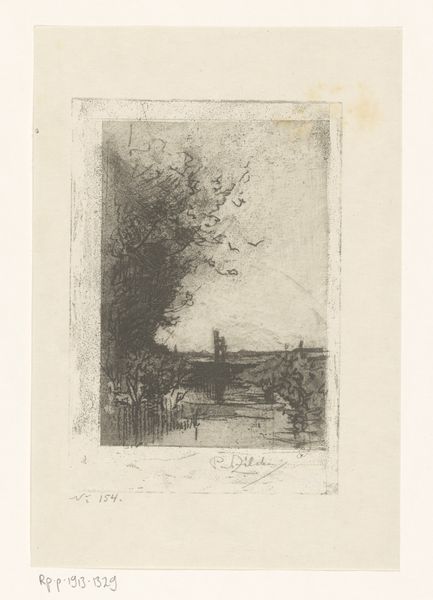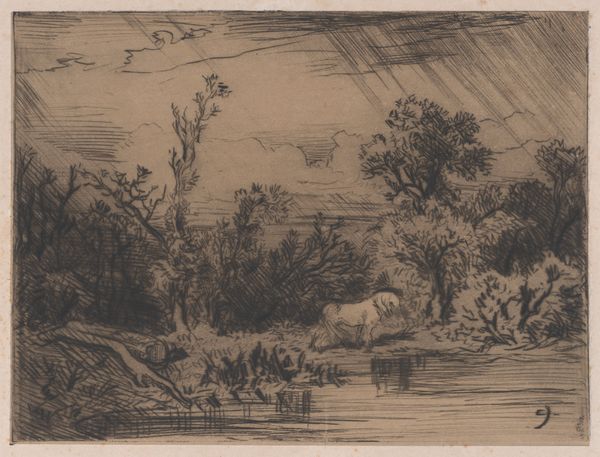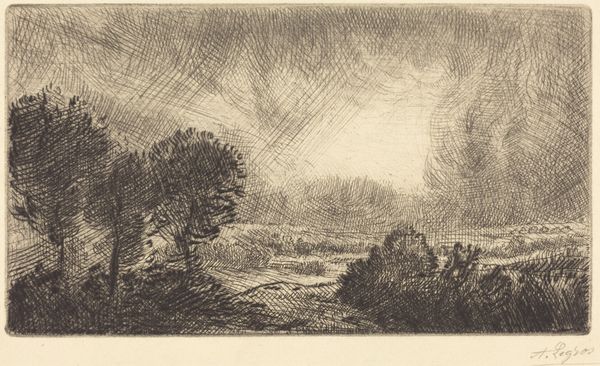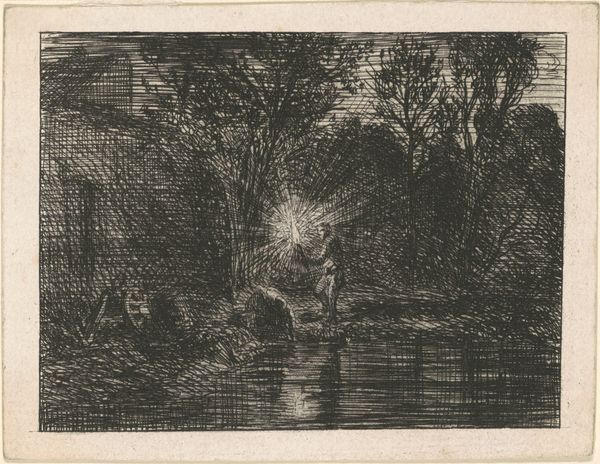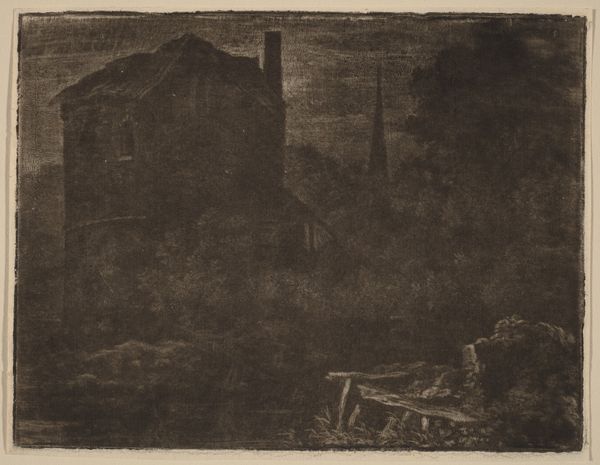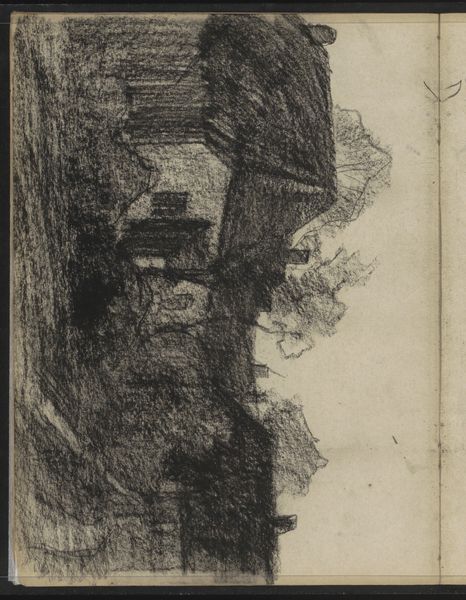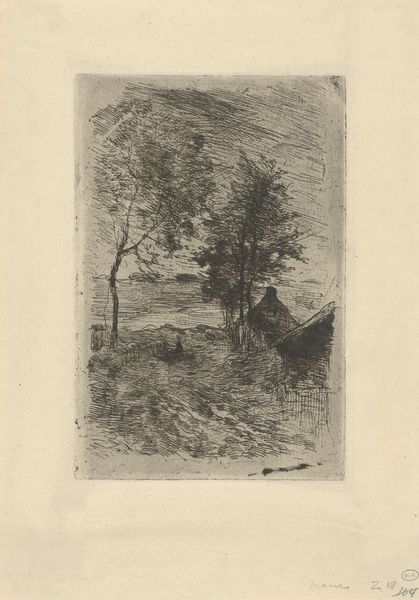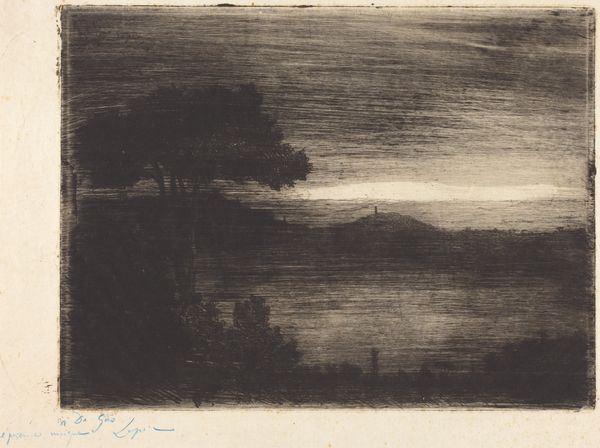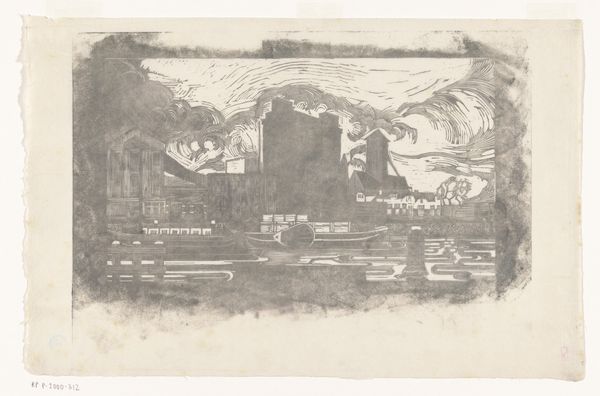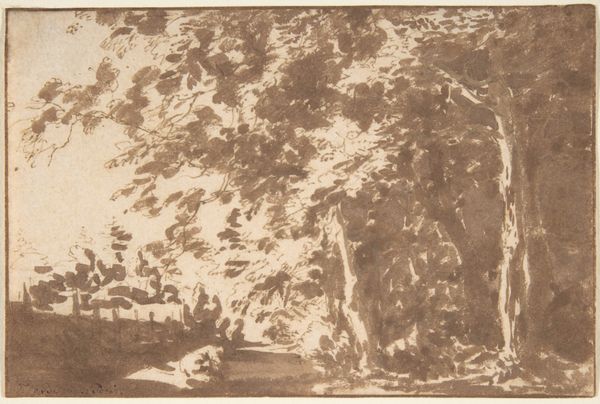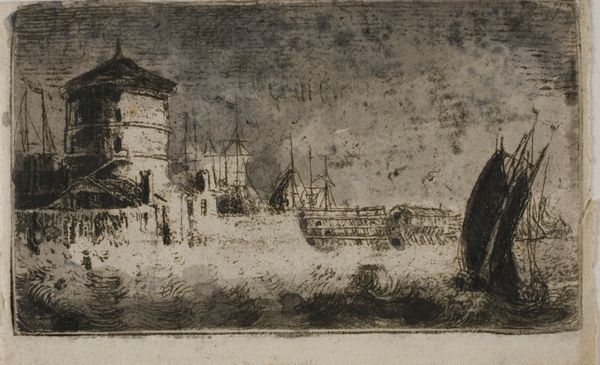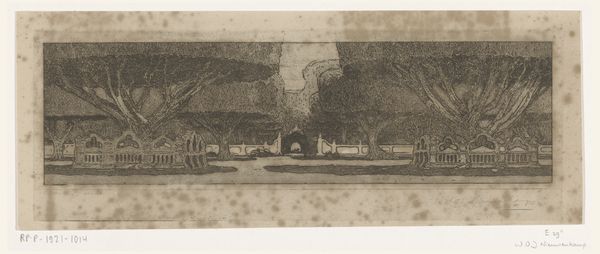
print, etching
# print
#
etching
#
pencil sketch
#
landscape
#
cityscape
#
realism
Copyright: National Gallery of Art: CC0 1.0
Editor: This is Joseph Pennell's 1911 etching, "The Dump, Charleroi." It's…bleak. There's a real sense of industrial weight, like the whole scene is pressing down. What do you see in this piece? Curator: I see a powerful statement on the human cost of industrial progress. Pennell, intentionally or not, captures the ecological violence inherent in early 20th-century capitalism. Note how the composition centers the waste—the “dump”—elevating it almost monumentally. How does that affect your understanding? Editor: It makes me think about who is being asked to sacrifice and where that waste ultimately ends up. Is he trying to glorify it in some way? Curator: Not glorify, necessarily, but perhaps to force a confrontation. By depicting this scene with such stark realism, Pennell asks us to confront the visible waste alongside the more insidious, less visible forms of exploitation. Consider also, the human figures, dwarfed by the industrial landscape, their labor rendered almost invisible. What does their presence suggest to you? Editor: They seem… resigned? Like part of the machinery, just another element in this overwhelming industrial process. I didn't initially notice the figures, which feels significant in itself. Curator: Exactly. This work prompts questions about environmental justice and labor practices, echoing contemporary debates about sustainability and the disproportionate impact of industry on marginalized communities. The question lingers: progress for whom, and at what expense? Editor: Seeing it through that lens makes me realize this image is not just a historical snapshot but still speaks volumes today. Curator: Indeed. Art has the power to illuminate our past, inform our present, and provoke thought about the kind of future we want to create.
Comments
No comments
Be the first to comment and join the conversation on the ultimate creative platform.
